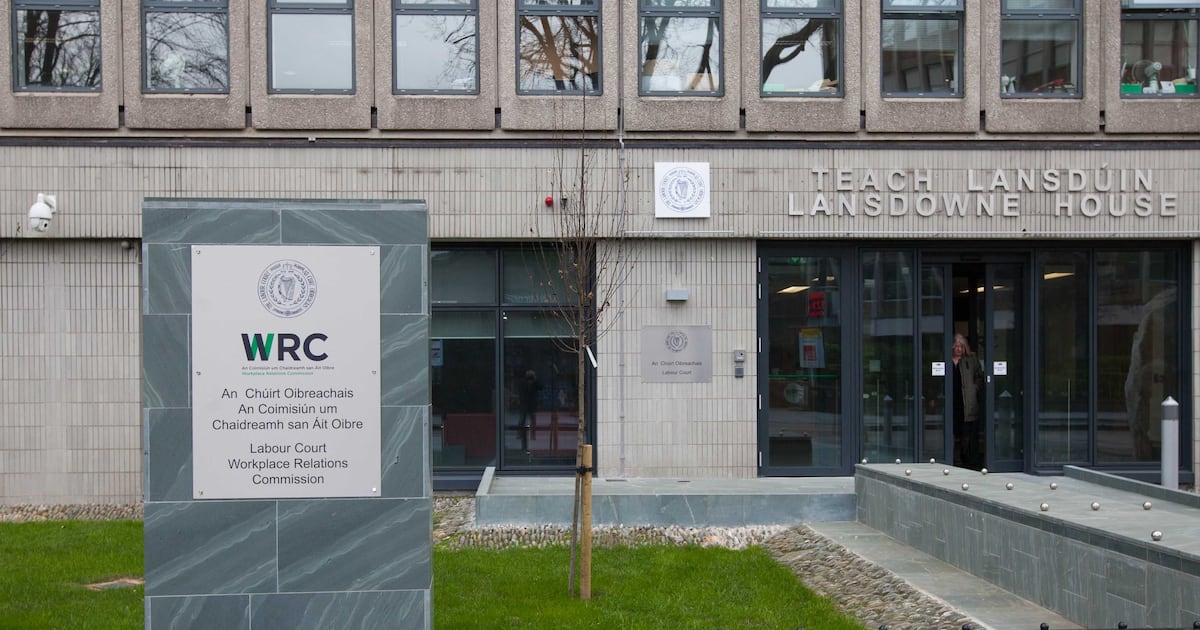The Labour Court has told lawyers it is facing a “severe impact” on its operations after the Department of Public Expenditure “blocked” the reappointment of a senior official, leaving it running at one-third capacity.
Legal professionals working in employment law were told in a statement on Monday there would be “serious delays to [the Court’s] hearing of individual employment rights cases” and to the resolution of industrial relations disputes, starting this week.
“The Labour Court received communication last week indicating that the Department of Expenditure, Infrastructure, Public Service Reform and Digitalisation, have blocked the renewal of a serving deputy chair’s warrant,” the statement said.
“From this week it means that the Labour Court will be reduced to one division.
“This will have a severe impact on the functioning of the Court and result in serious delays to its hearing of individual employment rights cases [and] its industrial relations role as an independent tribunal that investigates disputes,” the statement continued.
It’s understood the senior official involved is Alan Haugh, a barrister who has served as one of the court’s deputy chairmen since 2015, and whose official warrant is due to expire at the end of this week.
The Labour Court ordinarily operates with three divisions hearing cases, comprised of an employers’ representative, a workers’ representative, and a chairperson or deputy chairperson.
Recently, the court has been operating two divisions with two deputy chairs, with an open vacancy for a deputy chair advertised on its website last month.
The Labour Court statement circulated to employment lawyers also advised that a number of part-heard cases would have to be re-heard entirely if the official was not reappointed, and that it was working to identify the affected parties.
The Department of Public Expenditure’s press office referred queries to the Department of Enterprise Trade and Employment. Neither the Labour Court nor the Department of Enterprise answered media queries.
Reacting to the development, barrister Jason Murray, a member of the Employment Bar Association (EBA), said: “It raises serious concerns for all stakeholders concerned in employment rights disputes and industrial relations disputes before the Labour Court.
“The Court is now running at one-third of its capacity. There’s no doubt that in terms of employment rights disputes, when the Supreme Court has determined that our current setup for employment disputes in the Workplace Relations Commission and Labour Court is administering justice, it does raise a question as to whether there is adequate access to justice for litigants,” Mr Murray said.
